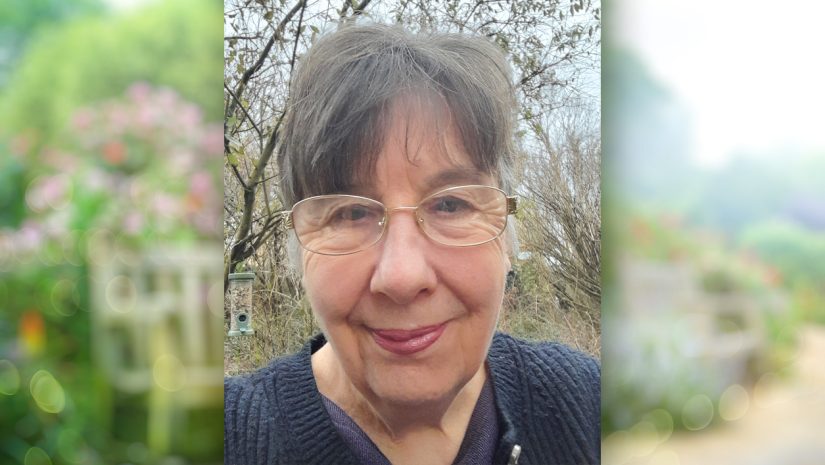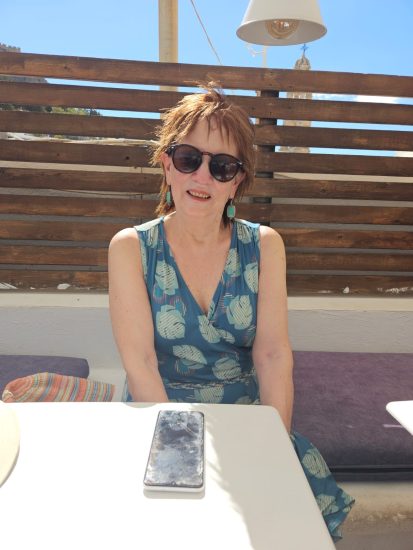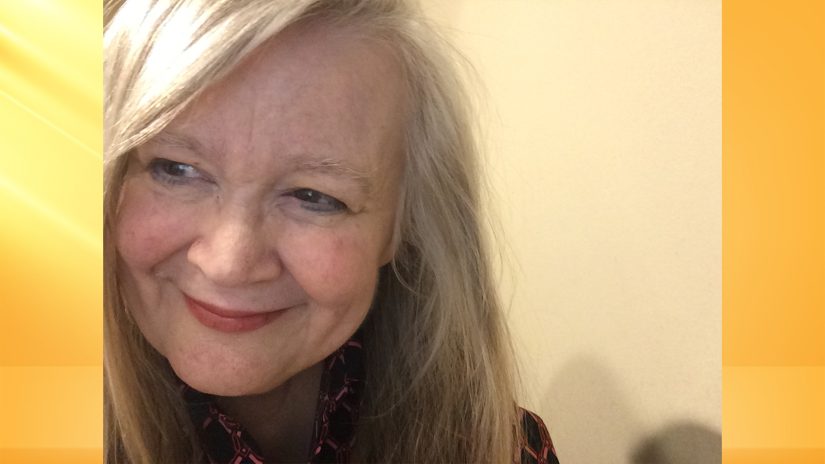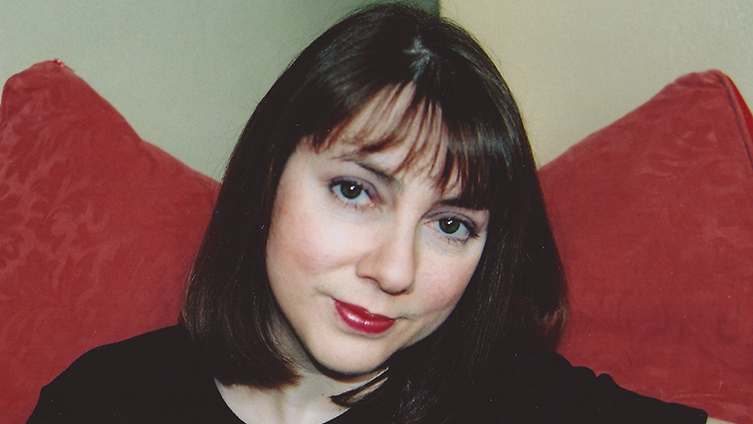
Our Writer Of The Week is Tina Jay, whose story, “Dreaming Of David”, is in the February 24 issue, on sale this week.
The theme of friendship shines through the story – was this important for you to highlight?
Yes, friendship is so important throughout all the different periods of our lives, but during those pre-teen and teenage years, I feel it is a particularly special time, sharing the process of growing up with a close friend. They are such formative years, and I think having a best friend is so lovely to be able to talk and laugh with as you’re learning so much about the world and relationships within it. I think we often look back to those years, treasuring the memory of those friendships, many of which last throughout our lives.
I liked the 70s era. Do you have a preference as to what periods you like to read and write?
I’m always very drawn to writing about periods in the past, as I very much enjoy researching the background history of the time I’m writing in, and how it affects and influences both the story and the experiences of the characters inside it. I think the 70s was an especially interesting period and seemed to bring so many changes within just a ten-year span, even with the music, moving from Glam Rock to Disco to Punk!
What do you think makes a successful “Friend” story?
I think a story in which “Friend” readers feel they can connect with the characters and each of their journeys, whatever age, or situation they are placed in, is vitally important. Also a strong sense of the characters learning something along the way, but always bringing a positive vibe and uplifting outcome for the future. In my own story, I wanted to highlight the importance and excitement of dreams when growing up, whilst also learning how important true friendship is, and the immense value it brings to our lives.
Do you plan your story routines in advance, or simply write when inspiration strikes?
I usually plan my story routines in advance for actually writing the story, but I’ve usually been “milling” an idea around in my head for quite a while before physically writing it down. A lot of my ideas come to me when I’m out walking, or driving in the car. As soon as I get home, I’m scribbling down my thoughts on the first piece of paper I can find.
For me, the relationships within a story are crucially important as a starting point. I like to work out the journey of the story and the characters in my head first, so I have a strong basis I can draw from, planning where I want the story to go. Once I have this sorted in my mind, I’ll then plan a writing routine and set aside specific times to write the story.
Notebook and pencil or laptop? Kitchen table or study? Blank wall or inspiring view?
I start with scribbled notes, often on the back of an old envelope, which I’m then desperately struggling to find. Although I have lots of notebooks, I never seem to have them at hand when an idea strikes. Once I have a noted outline, I usually use a laptop to begin writing.
At the moment, I’m usually working in the living-room, which isn’t the quietest part of the house, with my three sons and two cats constantly in and out of the room. But I actually don’t find background noise distracting, and somehow it seems to help my writing process. I often like listening to music whilst writing and, if it’s representing the period I’m writing in, I find it extremely helpful and inspiring.
When I’m working on my laptop, I’m usually just focused in on the world I’m writing about, so the outside view isn’t important for me. But if I’m making notes, and getting my ideas together while walking outside, I definitely find the view and the atmosphere inspiring.
What’s your one top tip for aspiring writers?
I love the quotation by F. Scott Fitzgerald, “Character is plot and plot is character,” which I feel really sums up the heart of successful writing. Alongside writing myself, I also teach creative writing courses. I always stress to my students the importance of developing strong, engaging characters to drive the story forward. However good and exciting the storyline is, it is the characters that will bring it to life.




